
The Oppo Find X was one of the more radical smartphones in recent memory. Its entire camera system – both front and back – was hidden inside the unit, only elevating into view when needed.
This gave the phone a seamless, smooth outer appearance with no distractions such as camera lenses or fingerprint scanners.
The design later raised questions over its daily usability due to the overreliance on a motorised moving part. The sequel, the Find X2, drops the radical approach in favour of a design that’s tried and true.
While the Find X2 won’t turn heads as much as the original, it is a much better phone for real use.
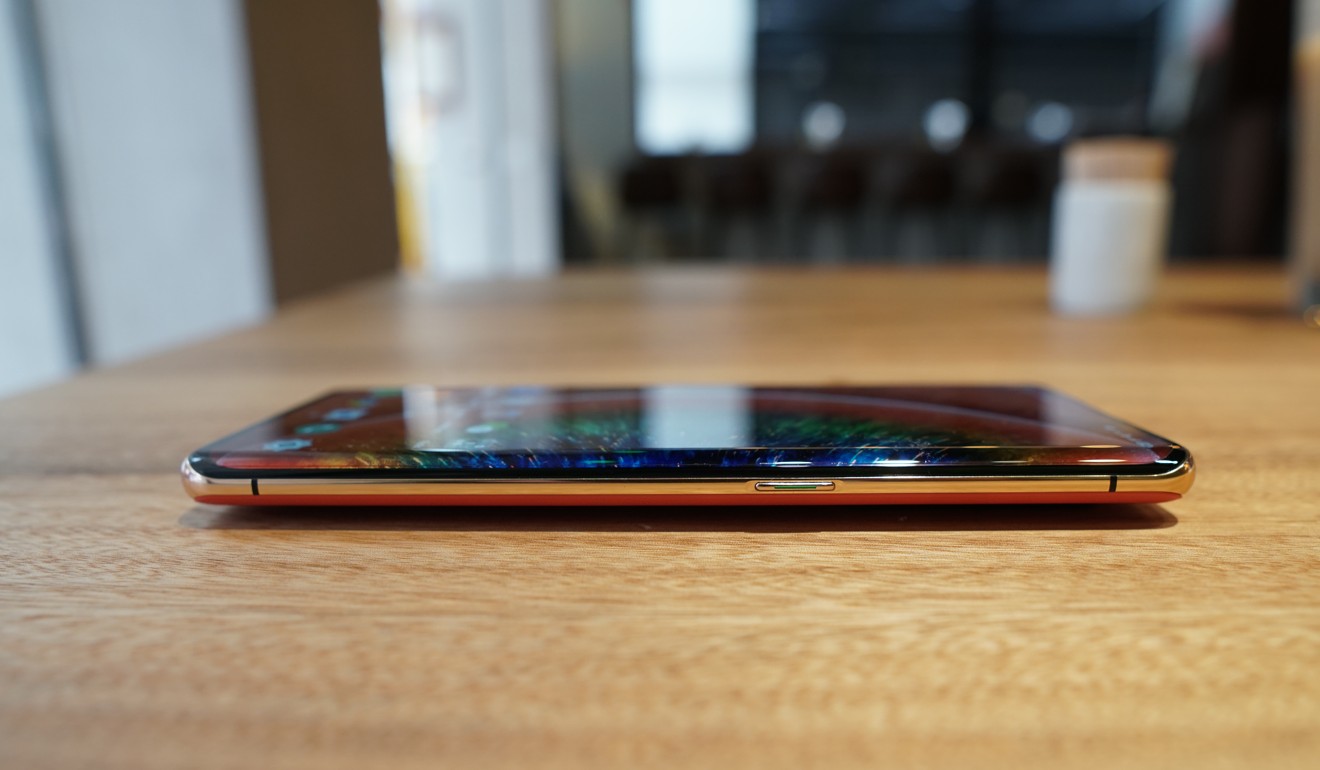
Design and hardware
The Find X2 will draw plenty of comparisons to Samsung’s new and top-of-the-line Galaxy S20 Ultra. Not only does the Find X2 sport a curved OLED screen with a hole-punch design housing a 32-megapixel selfie camera, the specs are very similar too.
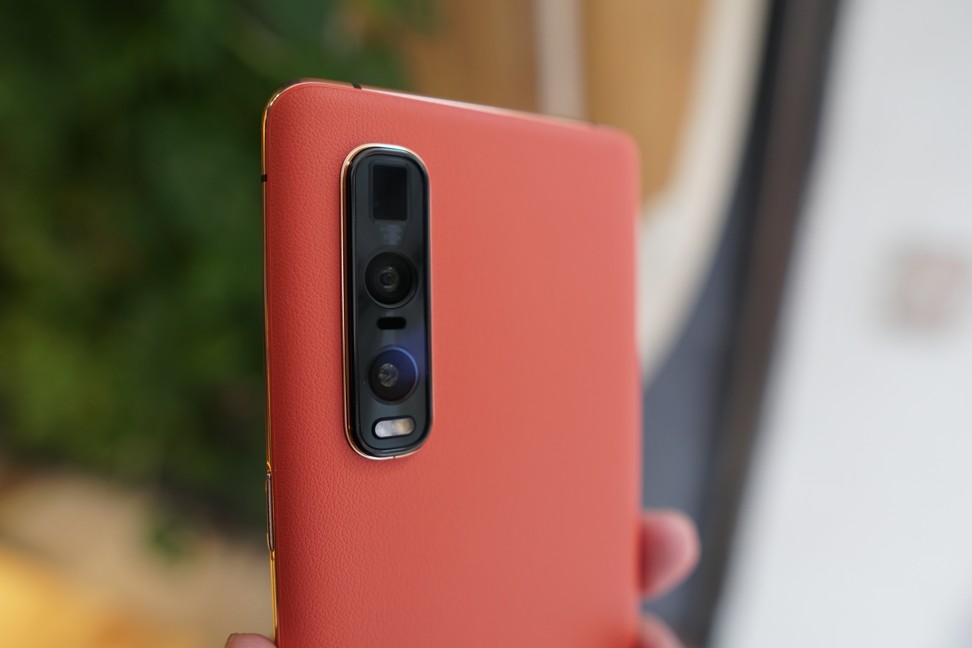
The display on the Find X2 Pro refreshes at 120Hz, which is twice the speed of the 60Hz panels found in iPhones and modern televisions. A higher refresh rate allows more animations to be crammed into a second, and they appear smoother and faster to our eyes.
This is by far my favourite among the smartphone innovations of the past couple of years: the extra fluidity is immediately noticeable and cannot be unseen. Use a 120Hz (or even 90Hz) panel for a day, then jump back to a regular smartphone with a 60Hz panel and animations feel slow and choppy.
The screen here on the Find X2 is also ultra hi-res, supporting resolution of up to 3,168p x 1,440p, otherwise known as Quad HD. But using this resolution with the 120Hz is a battery killer – from my test, the phone drained 12 per cent of the 4,260 mAh battery per hour – so it’s best to lower the resolution to “just” 1,080p.
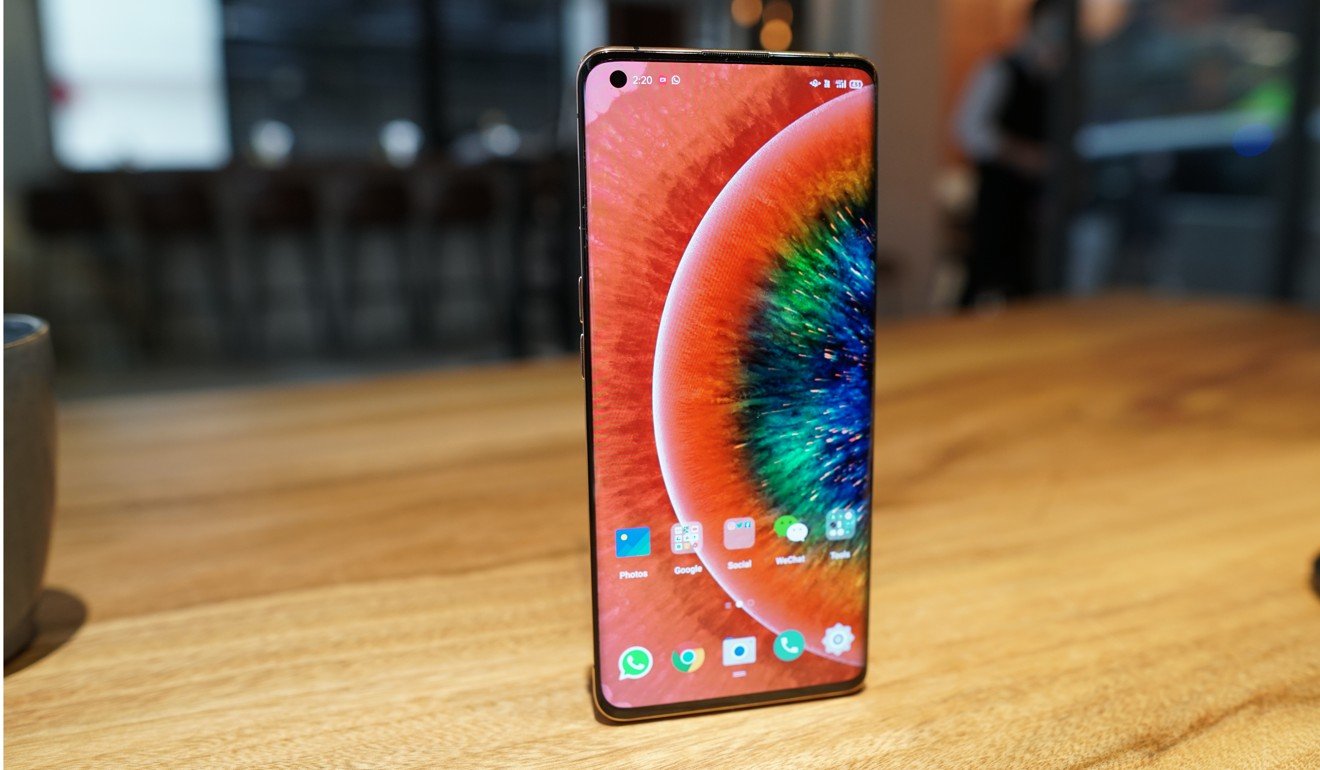
The overall feel of the phone is very similar to other brands’ recent flagship phones – almost no bezels, curvy, sleek – but instead of the usual glass finish, the Find X2 Pro comes in either ceramic or leather. My unit has the leather finish and I’m enjoying the unique texture it provides. The phone is less slippery to hold, too.
The internals are what you would expect from all non-Huawei Androids for this year: a Snapdragon 865 processor with 12GB of RAM.
While the Find X2 doesn’t stand out from the pack the way the original Find X did, this is Oppo’s most polished and powerful phone yet, and its specs trump those of just about every other handset on the market.

Software and features
Running on top of Android 10, Oppo’s ColorOS is one of the most fully customisable UIs around. There are short cuts to do everything: launch the camera or control music playback directly from a locked phone by scribbling on the black screen; grab a screenshot by swiping up with three fingers; mute an incoming phone call by turning the phone over. The shape and size of app icons can be changed.
Oppo’s team knew it had a 120Hz panel to play with, so it has added extra flourishes to some UI animations. Swiping between home screens, for example, brings an extra shuffling of apps, like cartoon characters shuffling their feet before running. This can be turned off for users who prefer less flash.
The Find X2’s camera sports a Sony 48-megapixel main sensor that was custom-built for Oppo to incorporate a larger than usual 1/1.43-inch light sensor. The wide-angle lens is also 48 megapixels – the highest pixel count on a wide-angle phone camera to date; a 13-megapixel telephoto zoom lens uses the “Periscope” design that Oppo pioneered.
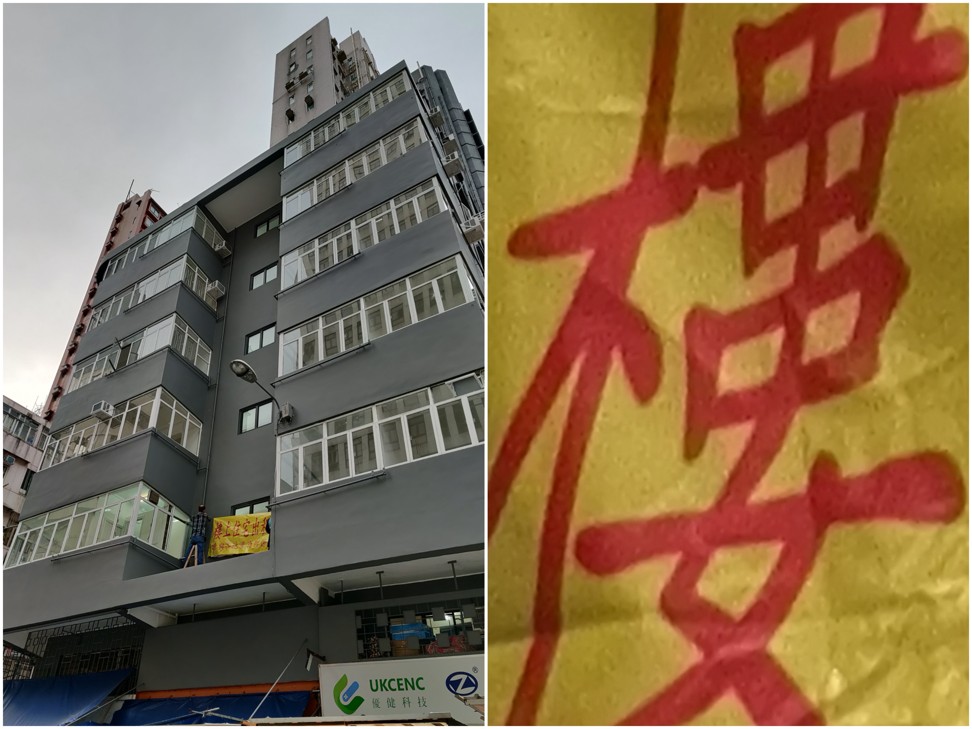
Performance and battery life
Let’s start with battery life. As mentioned, if you run the Find X2 screen at its full potential with 120Hz refresh rate and Quad HD resolution, the phone will almost certainly not last all day. But lower the resolution to 1,080p, and battery life becomes fine: for my heavy usage, the Find X2 generally lasted about 13 hours on a single charge.
As for optics, the Find X2 continues Oppo’s efforts to catch up with the big smartphone makers. The larger sensor on the main lens indeed pulls in a lot of light – so much, in fact, it has made Oppo’s built-in “night mode” almost redundant.
Another highlight is the wide-angle lens, which, because it has the same pixel count as the main lens, can produce images nearly on a par with those shot using the main camera lens. This is a rarity, as smartphone brands usually devote so much attention to the main lens that the wide-angle one produces very much inferior shots that are soft on details.
Finally, that “Periscope” zoom lens – which is placed sideways within the handset to allow for images to pass through a series of magnifying lenses before reaching the image signal sensor – can pull off credible 10X zoom that appears lossless, and also 60X digital zoom that, while noisy, can prove useful.
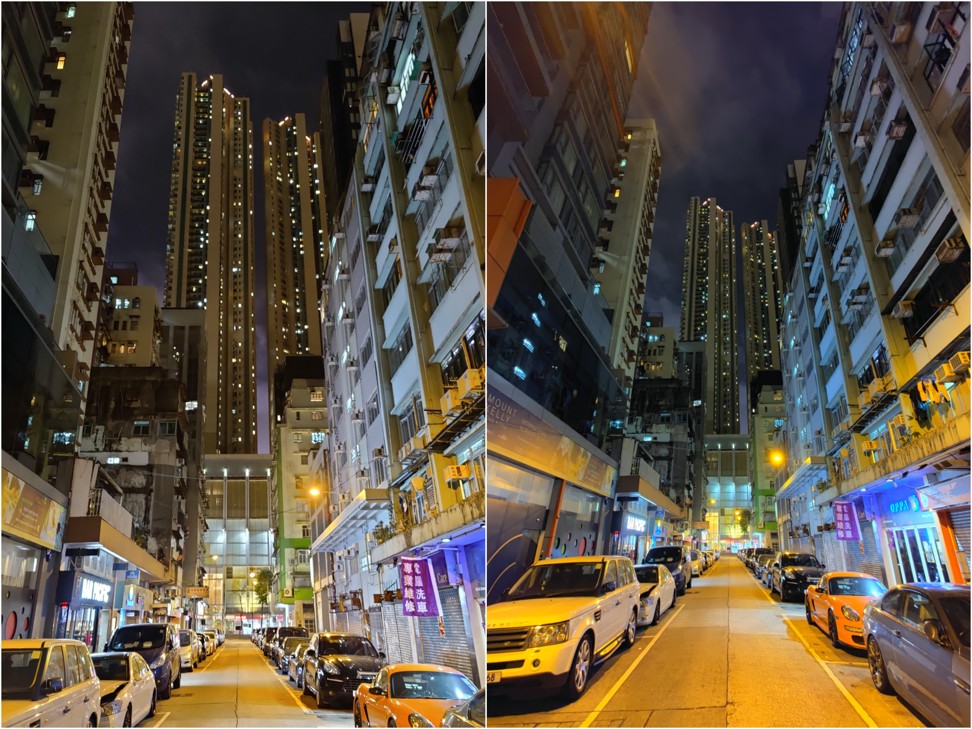
Conclusion
The Oppo Find X2 Pro is easily the most powerful handset Oppo’s ever built, and on the market right now, only Samsung’s recently released S20 Ultra can lay claim to having an even more stuffed spec sheet.
Oppo has not announced the Find X2 Pro’s price as of publication time, but it will almost certainly be at least a couple of hundred US dollars cheaper than the US$1,499 price of the flagship Samsung handset.
Dimensions: 74.4mm x 165.2mm x 8.8mm
Weight: 207g
Display: 6.7-inch 3,168 x 1,440 120Hz OLED panel
Battery: 4,260 mAh
OS version reviewed: Android 10 with ColorOS 7.1
Processor: Snapdragon 865
Cameras: 48-megapixel main camera; 48-megapixel wide-angle lens; 13-megapixel “Periscope” zoom camera; 32-megapixel front-facing camera
Memory: 256GB/512GB ROM; 12GB RAM
Colours: black (ceramic); orange (leather)
Price: to be announced







